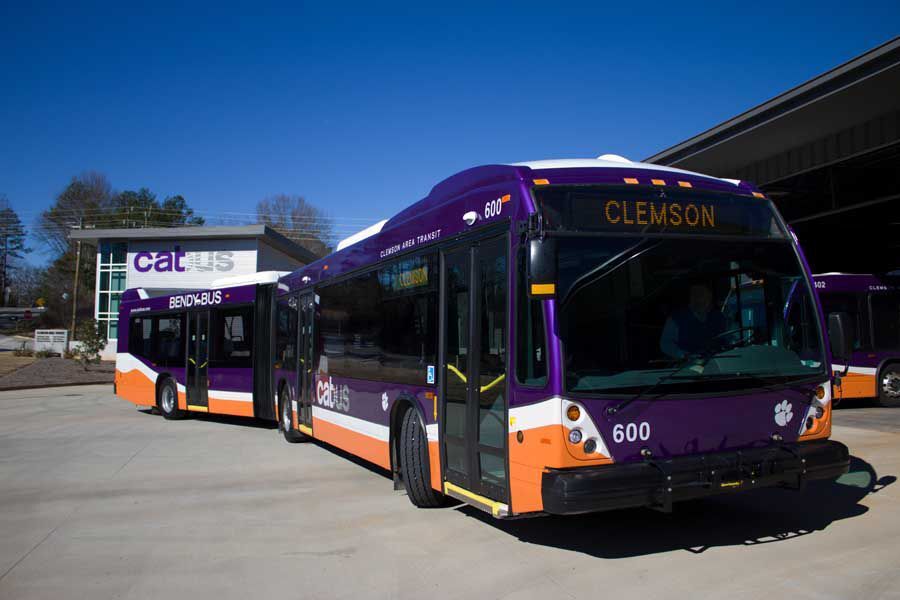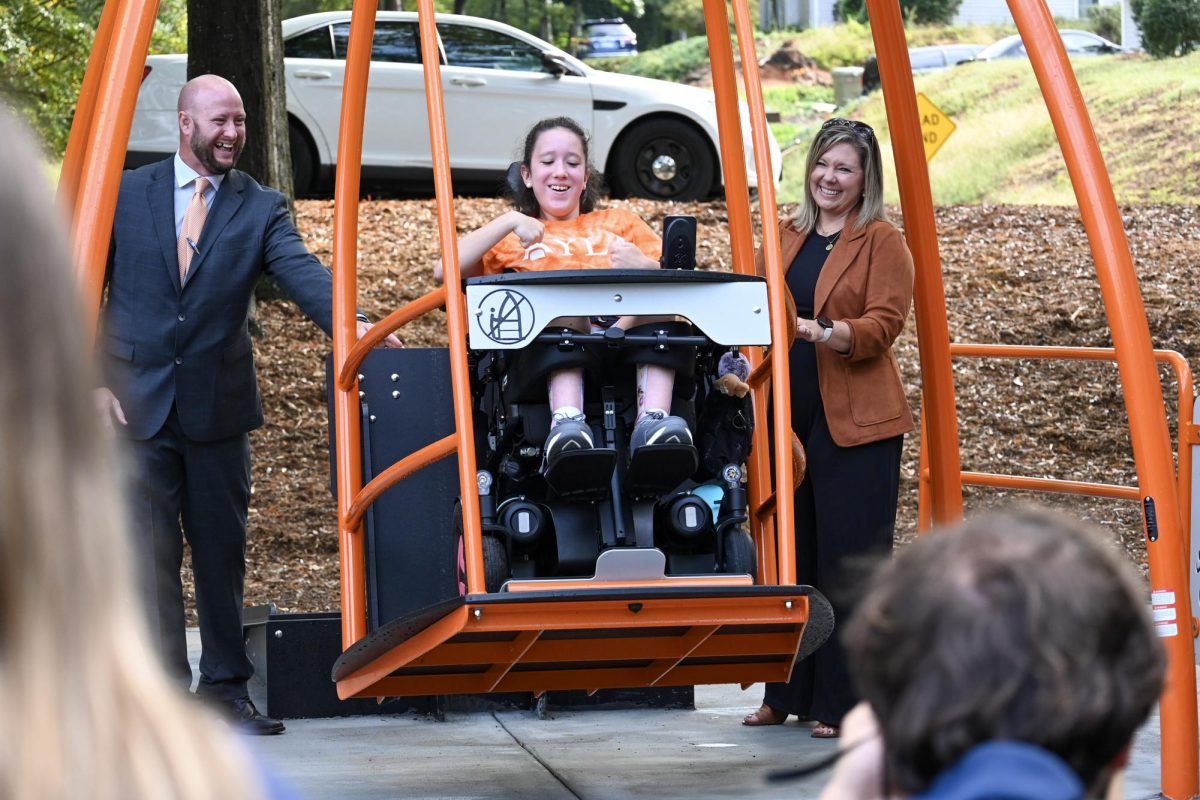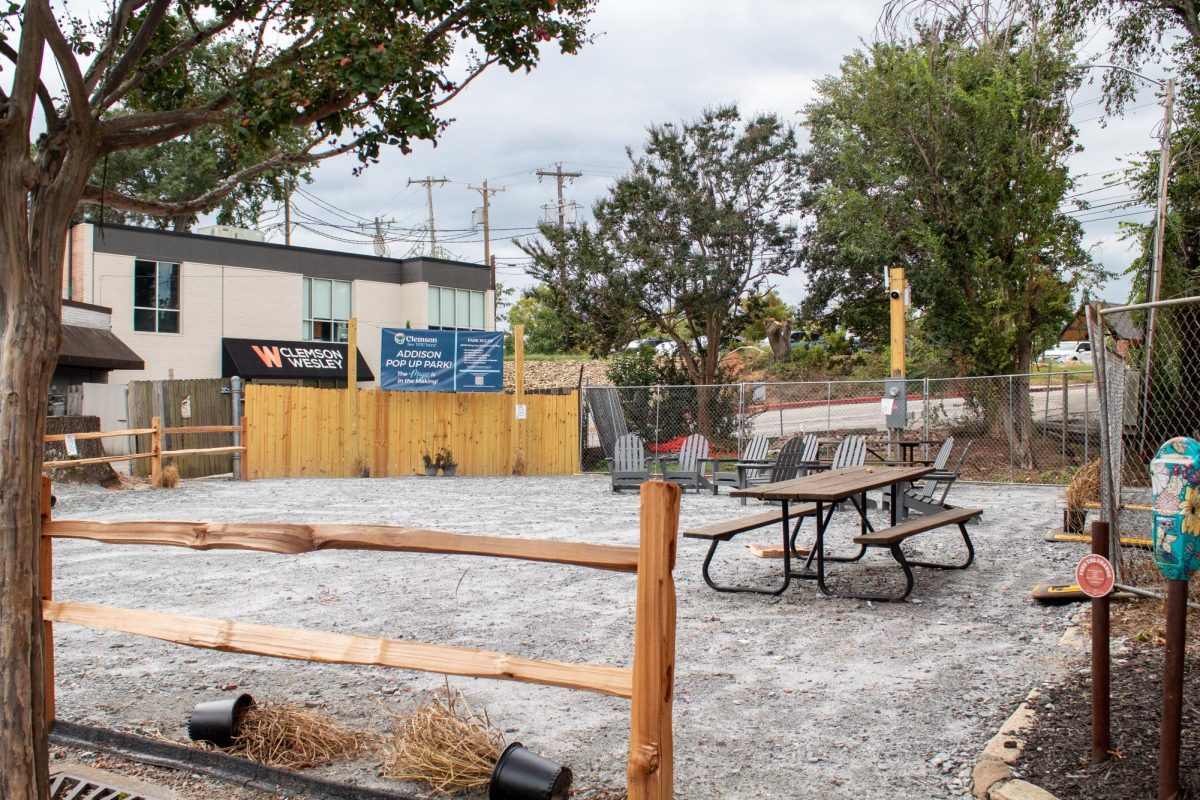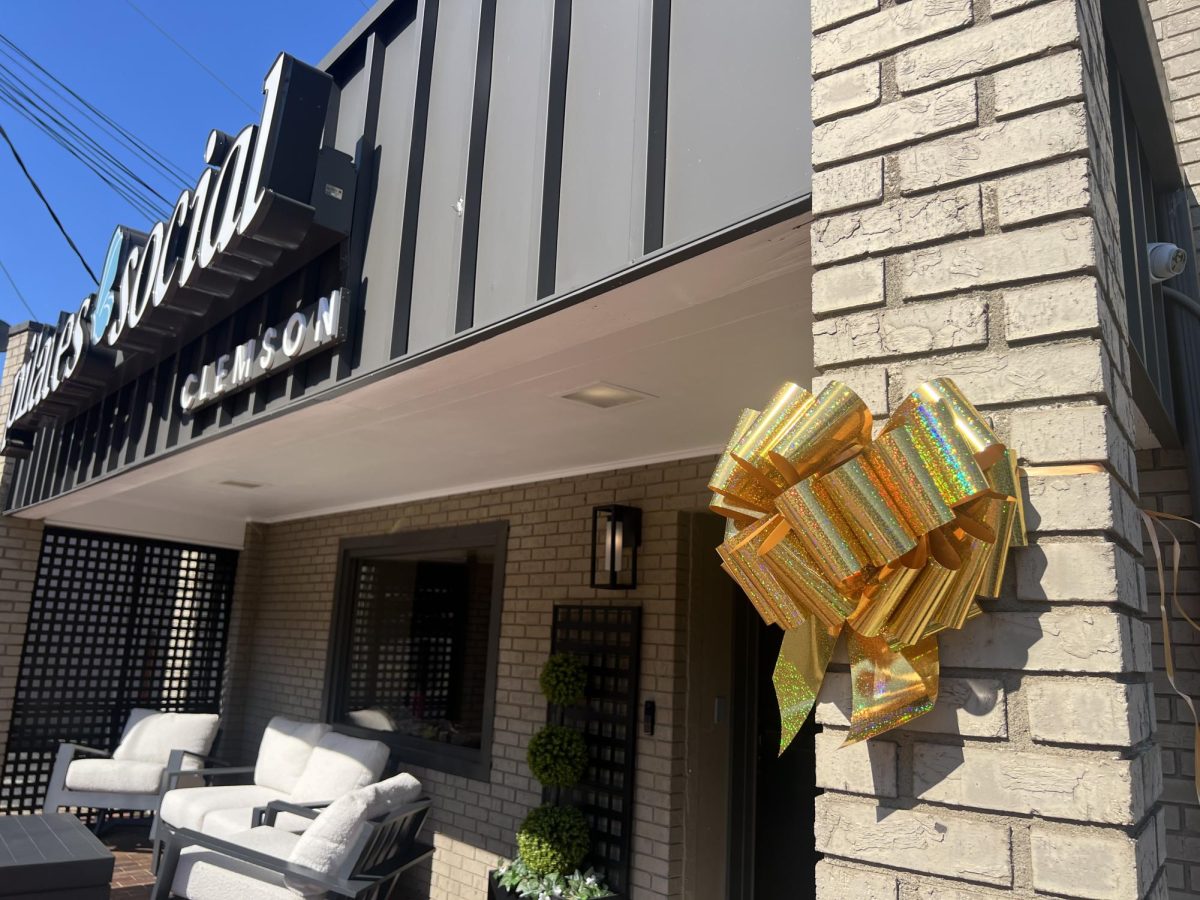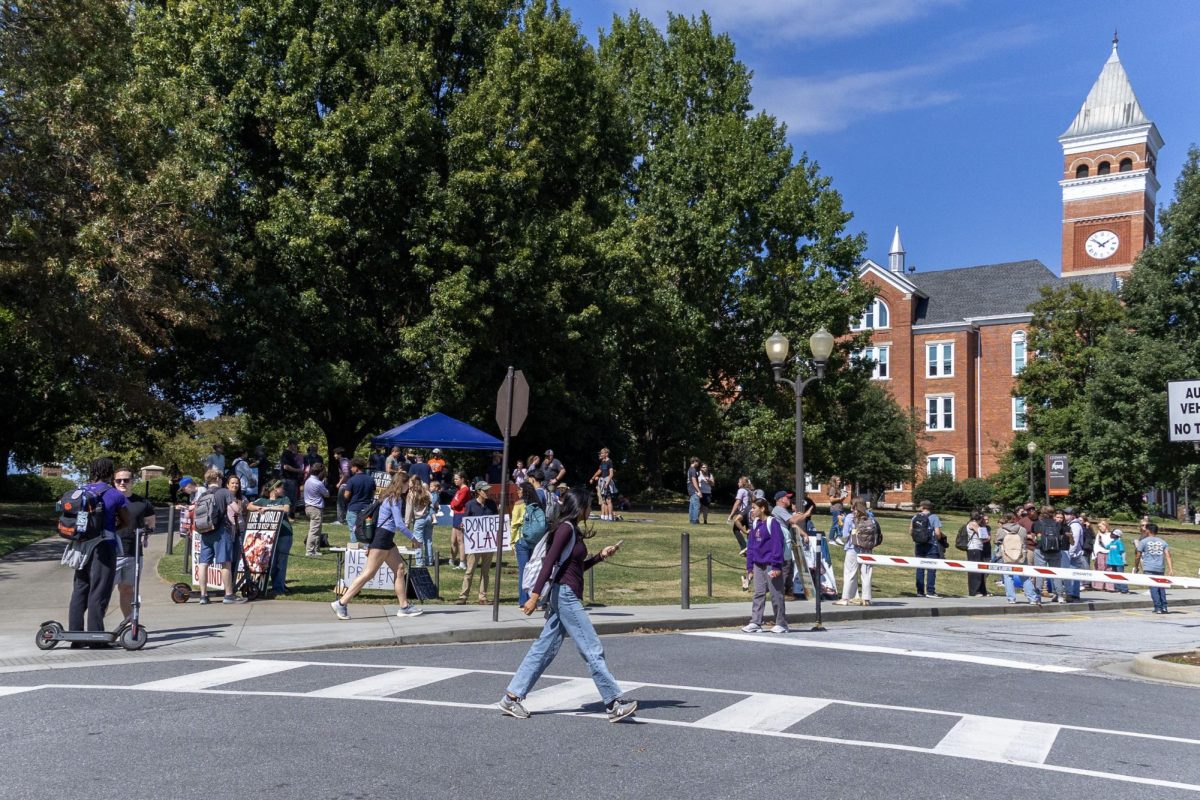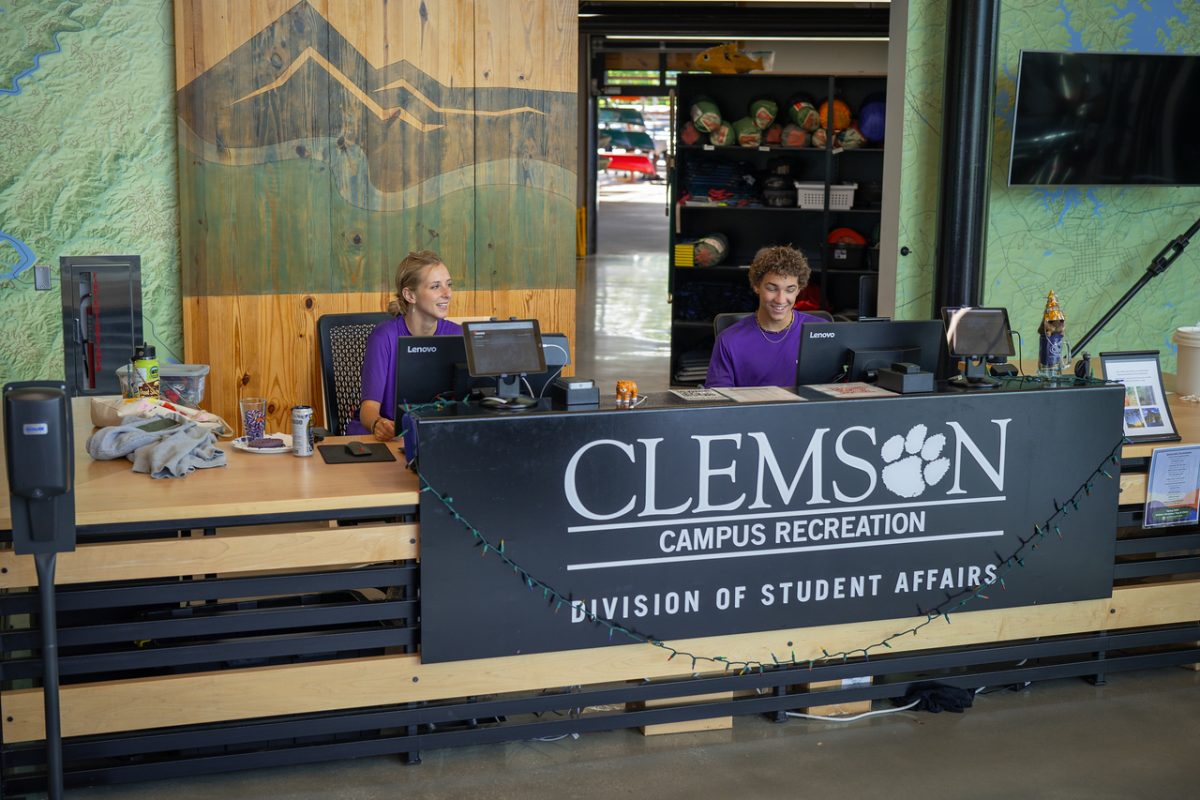Clemson Area Transit has applied to add six new compressed natural gas buses to the city of Clemson.
CAT Interim General Manager Jerry Kerns presented the Clemson Area Transit appeal for two grant funding opportunities at a Clemson City Council meeting on March 18. The Federal Transit Administration offers both the Low or No Emissions Grant and the Buses and Bus Facilities Program. The FTA will only award the application for one of the two grants.
Kerns brought up that the FTA holds a minimum of 25% of the total grant amount of $1.1 billion. With the Low or No Emissions Grant program, this would award $276 million to projects other than zero-emission buses.
Kerns added that CNG buses take less time to fuel than charging electric buses, which take “about 20 to 25 minutes,” he said.
Kerns also noted that the local match percentages between the University and the city are different from past percentages due to the change in bus type from electric to CNG.
The influx of information on CNG buses is part of the reason that CAT is applying to add CNG buses instead of more electric buses. There are 27 total CAT buses in Clemson; 14 of the buses are electric-powered, while the other 13 are diesel-powered.
“There is a lot more information on CNG buses than there was with electrics when we started,” Kerns noted.
During the meeting, council member Catherine Watt raised concern regarding increased traffic with the addition of six new CATbuses.
“All I can picture is the traffic jam,” Watt told Kerns.
Kerns responded that it would take 24 months for all six buses to arrive in Clemson.
The project’s total cost is $5,560,000. This includes $735,000 for each bus, an additional $900,000 for installation equipment and a $1 million fueling station at the CATbus headquarters, according to the item request form presented to the city council.
The total local match of $784,000 would be split evenly between the city and Clemson University, each providing $392,000 for the project.



